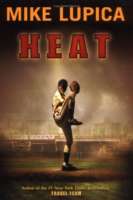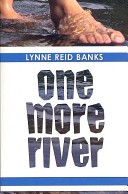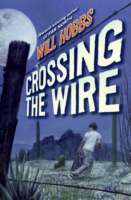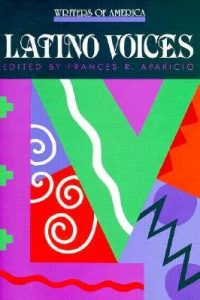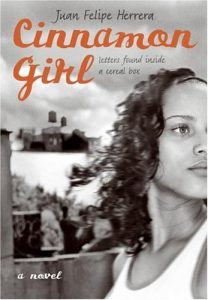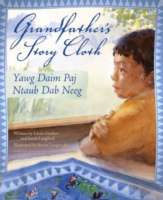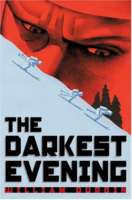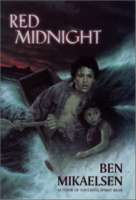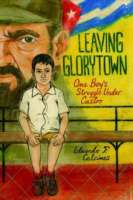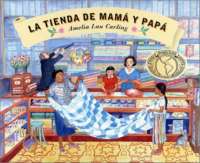
In this evocative picture book, Mama, Papa, and six brothers and sisters live behind a fabric and thread store in downtown Guatemala City in the late 1950s. The narrator’s parents fled China during the Japanese invasion and, with a few neighbors, found refuge in Central America and opened their business. People come from all over to buy their bright fabrics and brilliant thread for weaving and making clothes. Author and artist Amelia Lau Carling depicts an almost magical kingdom where Chinese, Guatemalan, and Native cultures meet in harmony, where children can play and learn about all the different peoples who bring the city to vibrant life.

